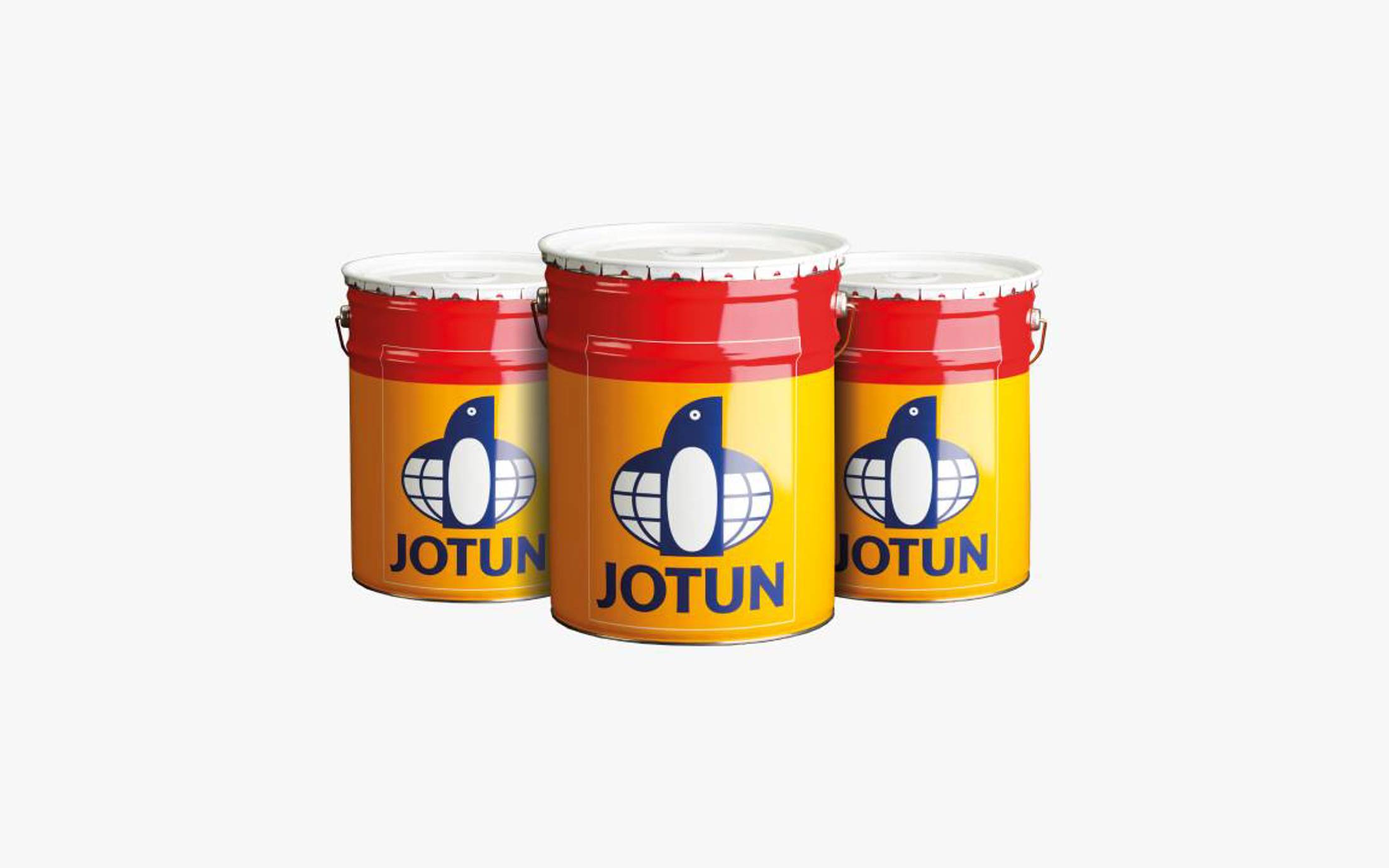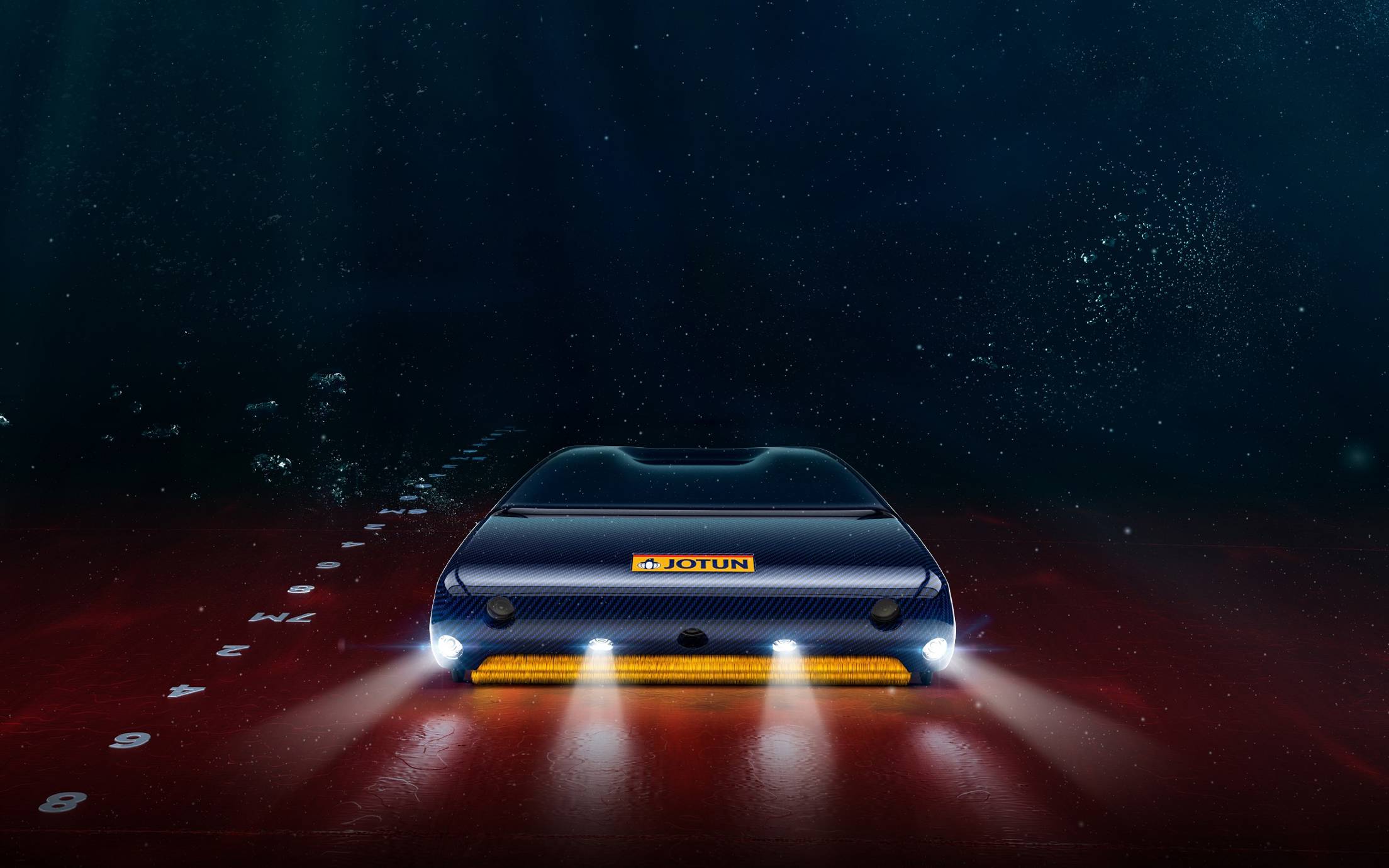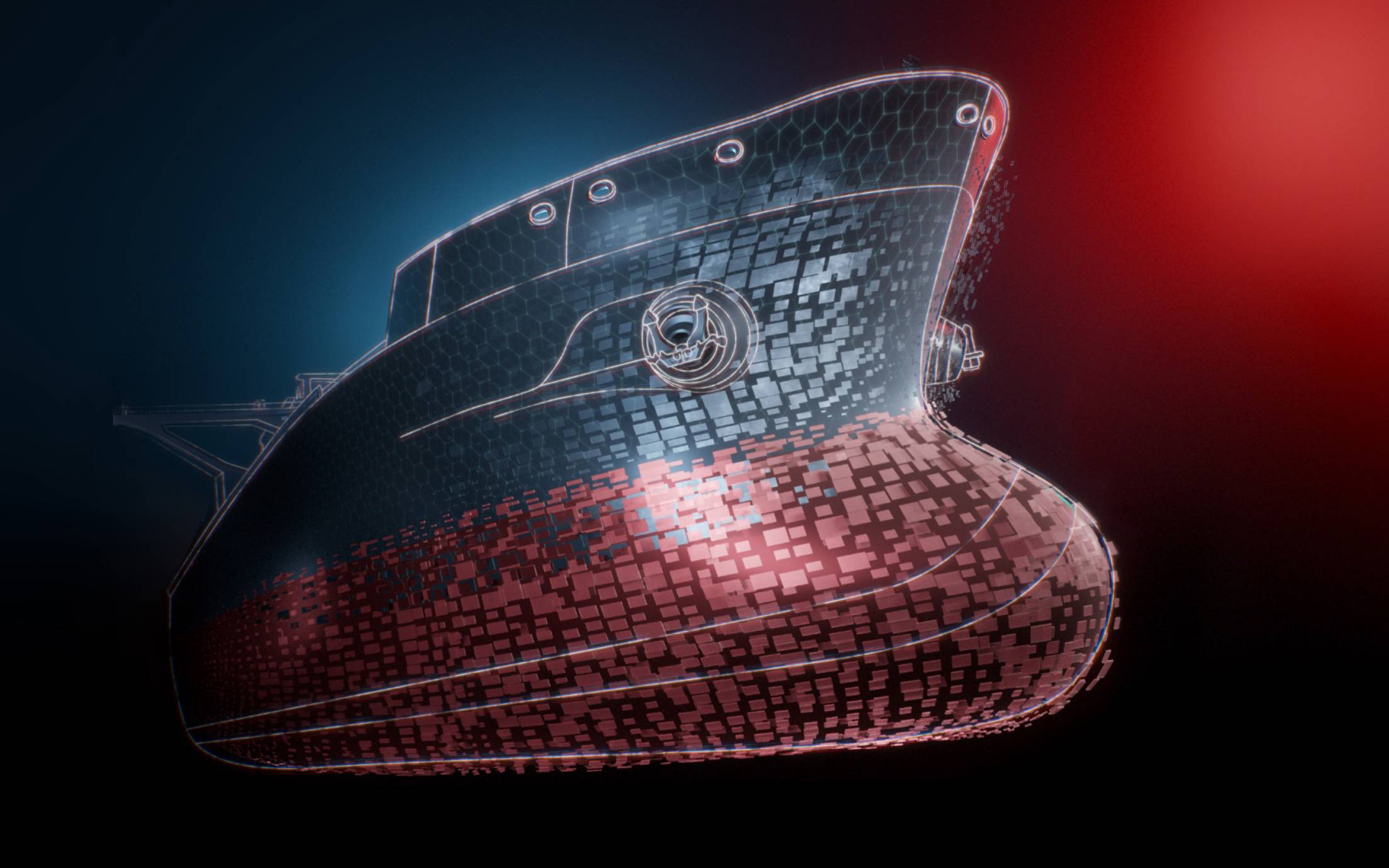
Antifouling products
For close to 100 years, Jotun has provided products to keep ship hulls clean from biofouling. Our ambition is to provide our customers with the best possible products to assure efficient and reliable operations.
As part of the industry’s efforts to decarbonise, from January 2023, it was made mandatory for all ships to calculate their Energy Efficiency Existing Ship Index (EEXI) to measure their energy efficiency and to start the collection of data for the reporting of their annual operational carbon intensity indicator (CII) and CII rating. Read more here
Increasingly strict regulations related to carbon emissions have resulted in growing industry interest in different approaches to achieve the goal of zero emission vessels. Biofouling’s impact on emissions has been massively underestimated. According to a report from Glofouling in October 2022, protecting ships from biofouling would enable the industry to cut CO₂ emissions by as much as 19%. Many industry players have also recognised the value of advanced hull performance solutions to cut emissions and started to focus on the role of biofouling management as a way of improving environmental performance. According to a study released by the IMO, biofouling is indirectly responsible for about 79 million tons of CO₂ per year. A clean hull has a major impact on reducing emissions.
These regulatory and business incentives have created rising demand for our products and solutions in hull performance. As for emissions, Jotun has calculated that in 2023 alone, customers using Jotun Hull Performance Solutions have resulted in about 10.4 million tonnes of avoided emissions.
Launched in 2011, HPS includes SeaQuantum X200, a premium antifouling, and tools to document hull and propeller performance. Data from vessels is collected using on-board sensors in accordance with the international ISO 19030 standard. With increasingly strict global and regional regulations targeting emissions from ships, documentation is not just a benefit, it is a necessity.
Jotun Hull Skating Solutions delivers a permanently clean hull and helps ship operators combat early-stage fouling, significantly reducing greenhouse gas emissions. Jotun Hull Skating Solutions is a holistic approach to battling the effects of ship fouling and is designed for the most challenging conditions.
A clean hull results in no drag, no need to power up to compensate for speed loss and thereby avoid burning extra fuel, resulting in a 19% reduction in CO₂ emissions (according to a report from Glofouling in October 2022). At Jotun, we recognize that advanced hull coatings alone cannot decarbonize shipping. But we believe that HPS, and our other antifouling products and services, play an important role in helping owners and operators improve performance and lower emission significantly over time.
Go back to Clean shipping commitment

For close to 100 years, Jotun has provided products to keep ship hulls clean from biofouling. Our ambition is to provide our customers with the best possible products to assure efficient and reliable operations.

When launched in 2011, Jotun Hull Performance Solutions (HPS) disrupted the industry, and shifted the focus from promised to proven performance. Today, we continue to deliver premium products and services as part of the enhanced HPS 2.0 tailored to our customers' needs.

Jotun Hull Skating Solutions utilizes proactive cleaning to maintain an always clean hull, even in the most challenging operations.

HullKeeper provides a range of services for optimised hull performance, allowing you to make better decisions, faster.
A video is being shown
An image is being displayed
A brochure is being displayed